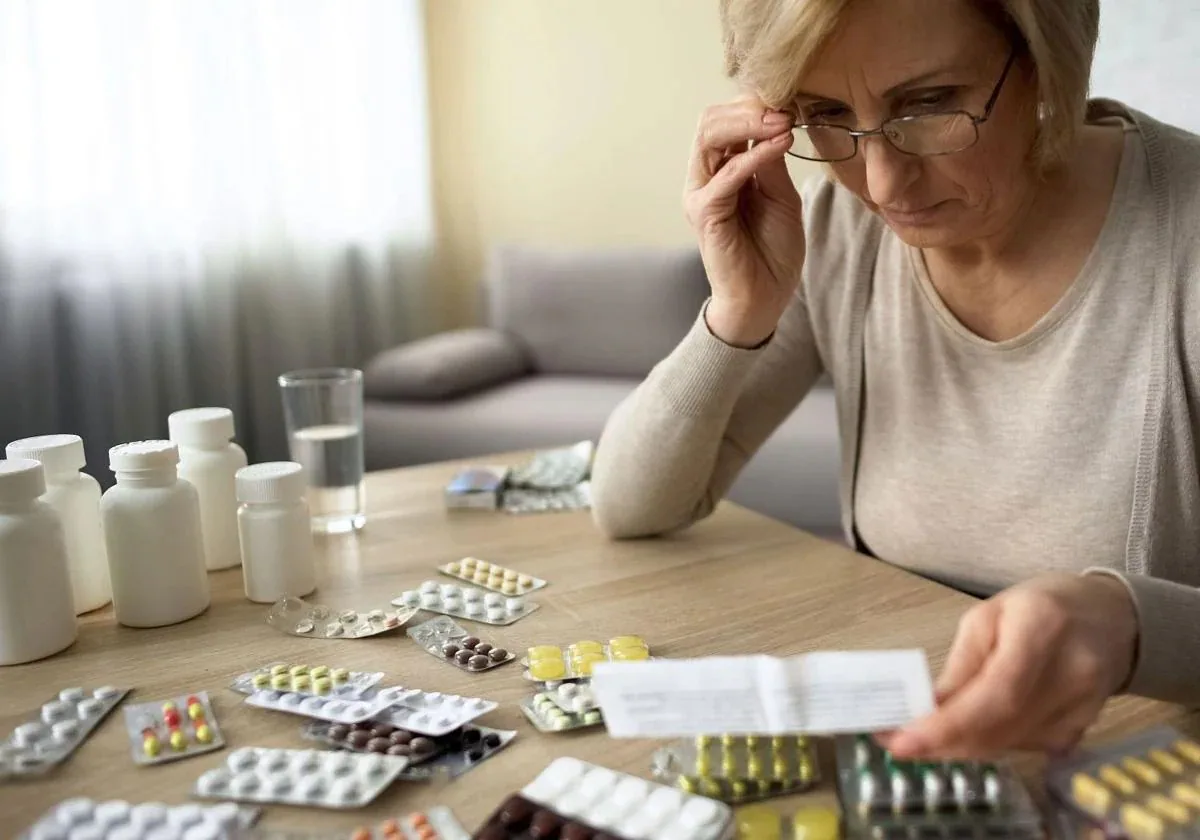Spain slashes antibiotic use by 14% in a bid to cut cases of drug-resistant bacteria, but still needs to do more
According to a recent study, multi drug-resistant bacterial infections cost the lives of some 23,000 Spaniards last year
Alfonso Torices
Madrid
Tuesday, 19 November 2024, 20:40
Spain has reduced its use of antibiotics by 14% meaning it is no longer the European country with the most uneccesary use of these drugs. Just ten years ago, Spain topped the list of European countries with the most reckless use of antibiotics, particularly, medicines designed to counteract bacterial infections. It was the country with the highest consumption of antibacterial drugs among humans and the second highest use among farm animals and pets.
The irresponsible and unnecessary use of these drugs for decades led to an increasing number of cases of antibiotic-resistant bacteria in much of the world, which were able to adapt to antibiotics and were no longer effective in subduing infections. The recurrence of this problem forced European and global health authorities to sound the alarm and declare bacterial resistance as one of the top ten threats to human health.
According to a recent study, multi drug-resistant bacterial infections cost the lives of some 23,000 Spaniards last year, mostly patients over 70 years old. Experts estimate that by 2050, if the trend is not halted, deaths will increase more than tenfold and become the leading cause of death worldwide.
National antibiotic resistance plan
This serious situation forced Spain to launch the national antibiotic resistance plan (PRAN) in 2014, under the coordination of the Spanish Medicines Agency (Aemps), which on its tenth anniversary pointed out some positive results. Although much remains to be done and the threat still exists, according to Aemps director María Jesús Lamas, she said the results "indicate that we are on the right track".
In these ten years, the implementation of the plan has reduced the excessive consumption of antibiotics in Spain by 13.5% in the case of humans (the third country in the EU with the greatest reduction) and by 69.5% in the use of animals, the largest reduction in Europe. The sharp drop in Spain was intensified even with the pandemic, as the decrease in the use of antibacterials between 2019 and 2022 was 6.7%, three times faster than the European average of 2.5%. This effort allowed Spain to drop to seventh place in antibiotic use, although it still continues to use an excessive amount, with an average of 23.2 daily doses per 100,000 inhabitants when the EU average is 19.2%, almost 20% lower.
Still insufficient
The secretary of state for health, Javier Padilla, said this still insufficient but improved situation has been reached via three milestones, the first being social awareness and education. Many people are now clear that antibiotics are useless against viruses and do not take them for colds or flus, self-medication has been reduced and it is known that treatments must be fully completed. The second milestone is greater awareness among doctors themselves, with fewer free prescriptions. The third, Padilla added, is a complementary and coordinated strategy for prevention and action in the human, animal and environmental spheres.
Padilla also said that Spain is in a position to meet the EU's 2030 targets for the prudent use of antibiotics. Among other improvements, it must reduce by 27% the human consumption of antibacterials compared to 2019 and by 50% the sale of veterinary antibiotics. It must also reduce major serious infections caused by multidrug-resistant bacteria by 4% to 10%, depending on the case.
